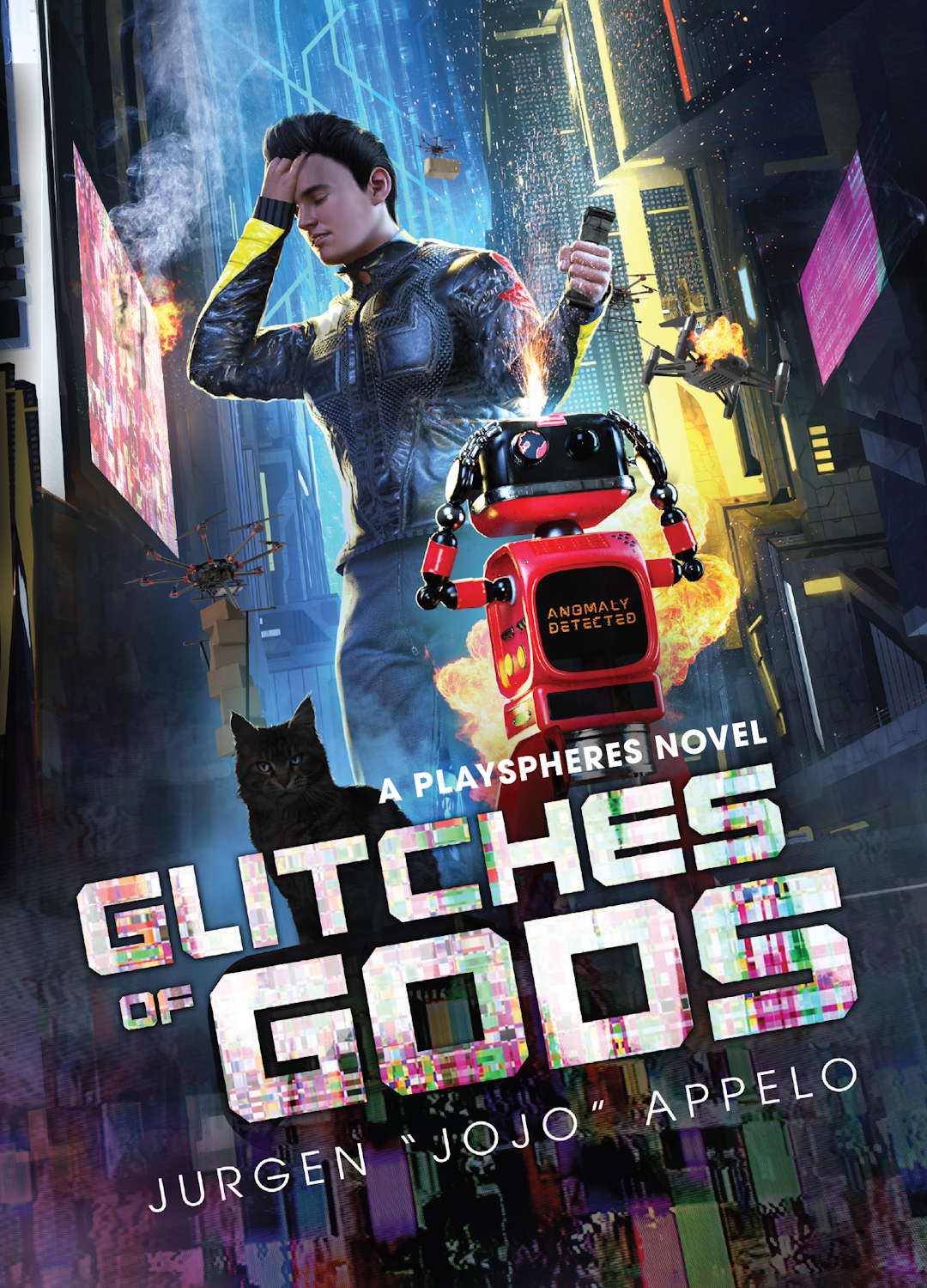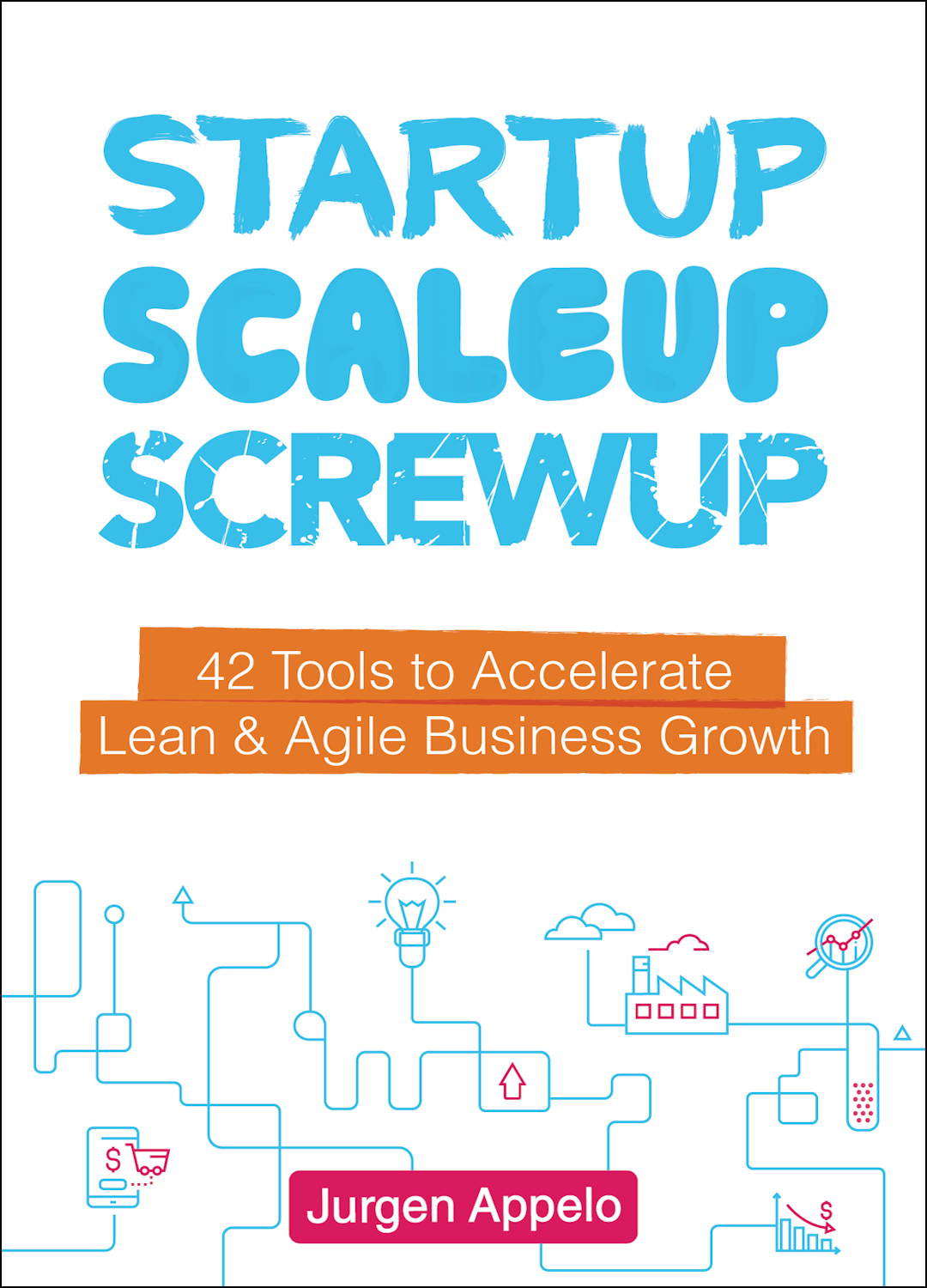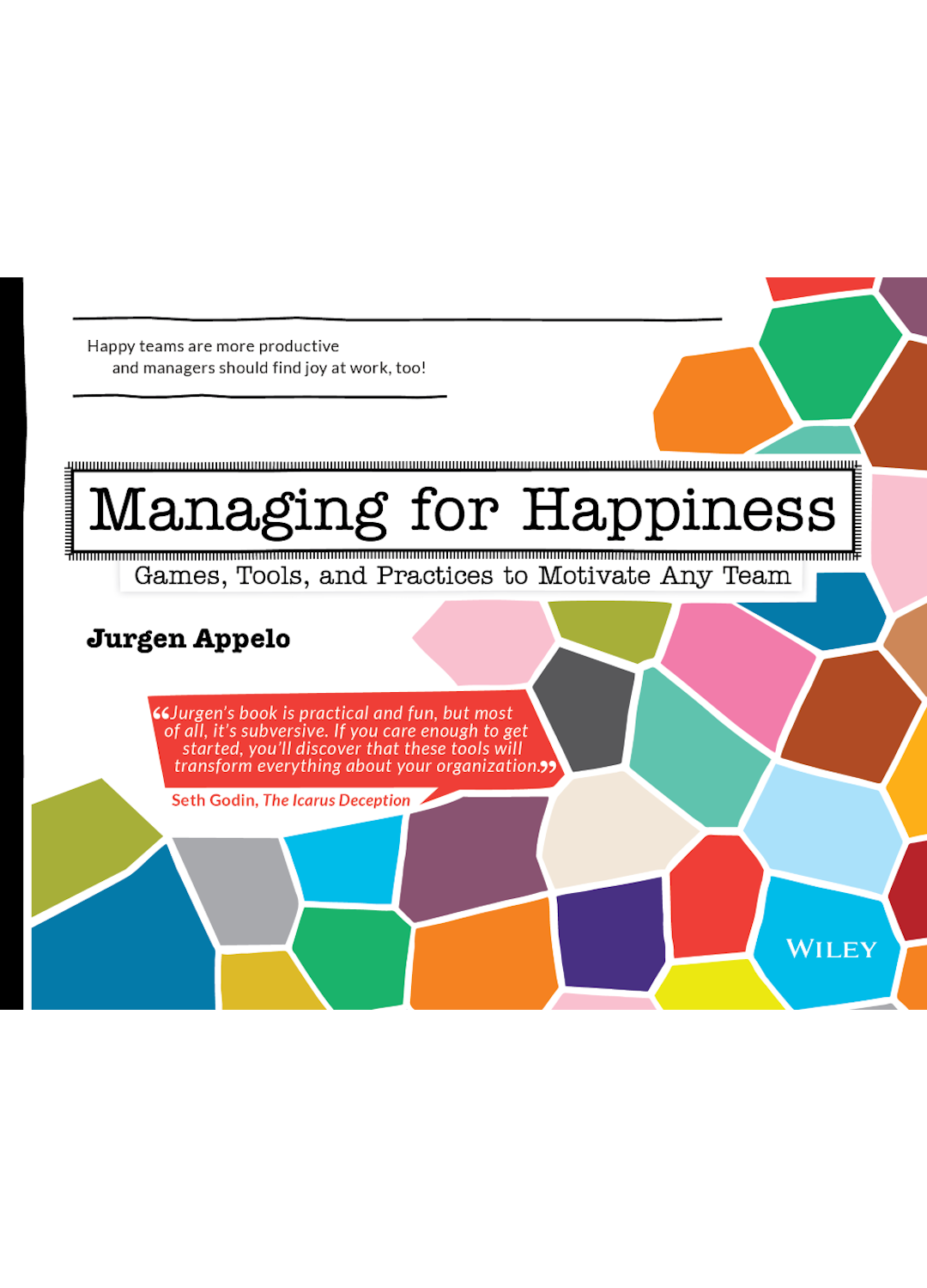Those who criticize AI-assisted writing are snobbish fools failing to grasp the idea of a target audience.
The only good reason for writing posts complaining about other people's usage of AI is when your audience consists of snobbish, patronizing fools.
I recently watched an animated TV show with my ten-year-old friend. It was horrible. The animations were cheap; the voice acting was cringy, and the plot was nonexistent. But guess what? None of that mattered because the show was all about tanks. My ten-year-old buddy loves tanks. And when a TV show has a tank in every animated scene, it's a f**king great show.
Here are a few more tanks:

Now, I could go online trashing this TV series for the horrendous quality of its animations. But what would be the point? I'm not their target audience. I'm not a ten-year-old obsessed with tanks. If I slam the producers for their crappy product, I only expose myself as a snobbish, patronizing fool.
This morning, my hubby made a similar observation about all-you-can-eat buffets. We despise everything about them: the industrial-grade slop, the heat lamps slowly destroying what might have once been food, the whole depressing spectacle. But our disgust is completely irrelevant because we don't eat there. Millions of people apparently enjoy these nutritional wastelands, and good for them. I'm not joining their feast, but I'm also not wasting energy condemning their choices.
In the age of artificial intelligence and robotics, it's crucial to remind ourselves: only our target audience counts. Nobody else matters. We cannot please everyone. It's the same for any other product we make.
I vividly remember my first critical book reviewer. I was about to publish my first book, Management 3.0, and my publisher, Addison-Wesley, had assigned a few reviewers to evaluate my manuscript. Most reviewers loved it. One person hated it. The hater was a person with an academic background who rated the many jokes in my book as "highly unprofessional." But the publisher said it didn't matter. "He's not your target audience." Fifteen years later, the book has sold 70,000 copies and is regarded by many as a classic. It just has made no waves in academia, and that's perfectly fine.
The AI writing hysteria follows the same pattern, except with more sanctimony and less self-awareness.
Every week, some writer publishes another hand-wringing essay about AI "polluting" the literary landscape. They're horrified that ChatGPT might be ghostwriting someone's newsletter, or that Claude helped craft a blog post. They speak of authenticity and craftsmanship as if they're defending the last monastery from barbarian hordes.
But unless they're consuming that AI-assisted content, their outrage is performative nonsense.
Only your target reader decides what's brilliant. Nobody else matters. You cannot please everyone.
More tanks:

Maybe your readers demand prose crafted with the delicacy of a Swiss watchmaker. If so, stay far away from AI. Your audience might sniff out synthetic sentences faster than a bloodhound. Or maybe your readers just want information delivered efficiently. In that case, milk every AI tool available because speed and volume matter more than artisanal sentence structure.
In my case? I write for people who like challenging, controversial viewpoints presented to them as an enjoyable read. That means I take the middle road: each post (including this one) starts as a fully hand-written draft because it's important that the core message comes from me. Then, I might turn to ChatGPT, Gemini, and Claude for help in additional research, feedback on structure, an occasional sentence-level rewrite, and feedback on style. I even have Claude checking my posts against my ethical values. But every post ends with my final polish. I want every essay to be in my tone of voice. The average long-form post on Substack costs me about eight hours of work. Without AI, it would probably be more like sixteen. I consider that a win because I can offer my readers twice more of what they like.
And only the reader decides if I did a decent job offering them food for thought as an enjoyable read. Nobody else. I cannot please everyone.
Do you like this post? Please consider supporting me by becoming a paid subscriber. It’s just one coffee per month. That will keep me going while you can keep reading! PLUS, you get my latest book Human Robot Agent FOR FREE! Subscribe now.
Don't misunderstand me; it does make sense to evaluate and discuss the ethical side of production processes of any kind, including writing. In the case of animated TV shows and food production, we might discuss worker rights or animal welfare. With AI used in writing, we should discuss the sustainability, copyright, and employability problems that are part of the AI revolution. All of that is fair game for debate.
But not the pointless whining about machines and algorithms.
It makes little sense for people to complain about other writers using AI in their writing. If they're not the target audience, their opinion of the quality of writing is irrelevant. Judging the creative process of something they're not even consuming makes them look like a snobbish, patronizing fool. The only good reason for writing posts lamenting other people's AI usage is when their own audience consists of snobbish, patronizing authors. They will happily lap it up.
Don't be like them. Go ahead and use AI in your writing when it serves your audience. If all your readers want is ridiculous stories about tanks, more stories about tanks is good. Endless stories about tanks is even better. Grammar, style, and plot are all irrelevant as long as every paragraph has at least one reference to a tank.
I've sold 200,000 books across multiple publishers and worked with more developmental editors and copy editors than I can count. Every professional I've encountered agrees on this fundamental principle: your target user is the only judge that matters. Everyone else is irrelevant background chatter.
As a creative (or any kind of product designer for that matter) remember that you cannot please everyone.
Jurgen
P.S. Here are some more tanks:
















